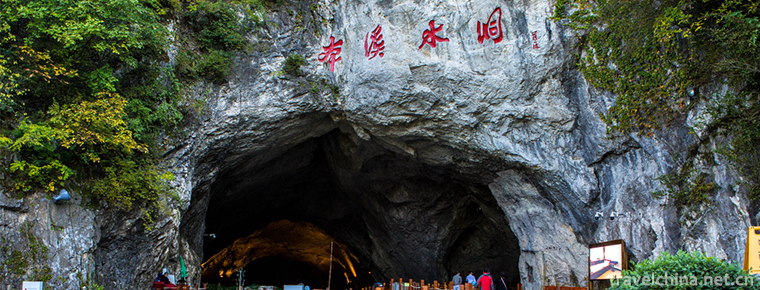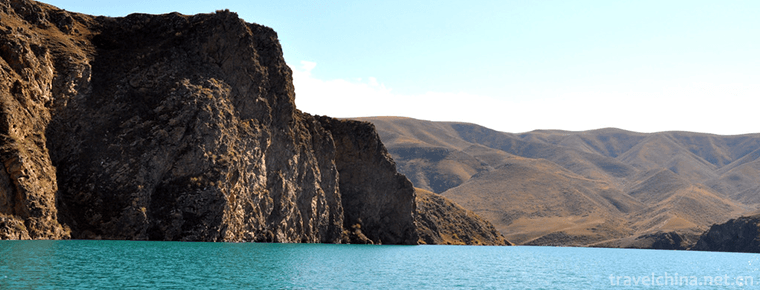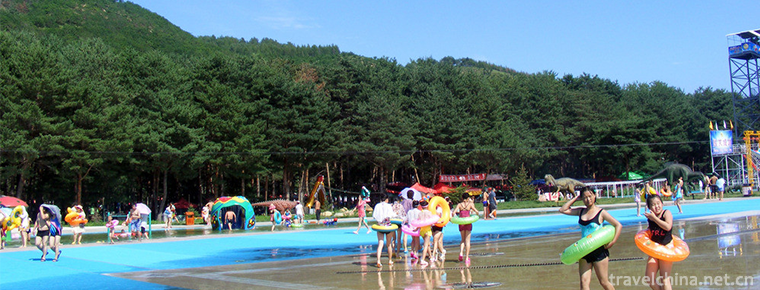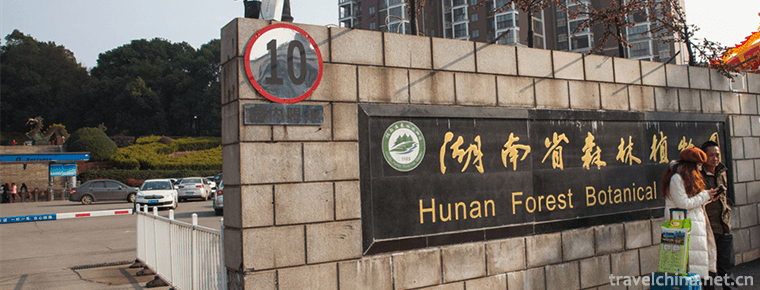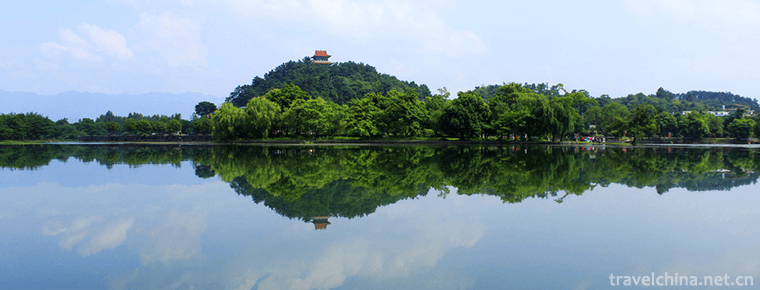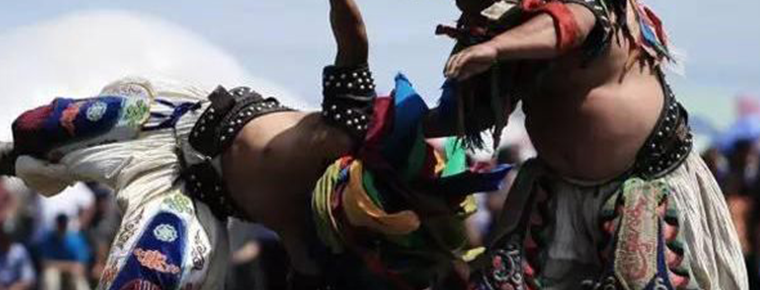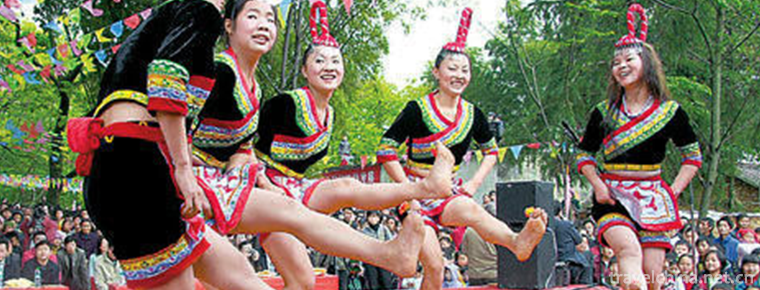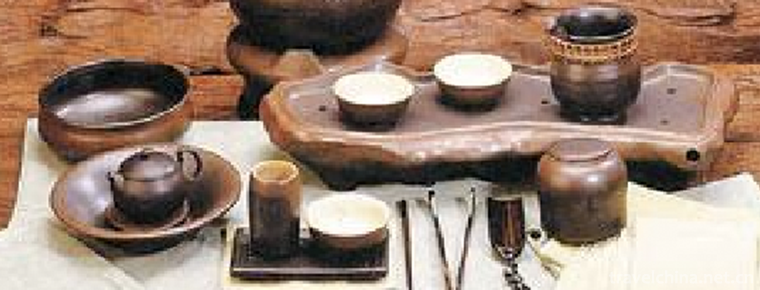Technical requirements of Chinese embroidery
Technical requirements of Chinese embroidery
The technical requirements of embroidery are: smooth, even, flat, even and clean. Smooth refers to straight straight straight line and smooth curve; neat refers to neat pointer trace and no uneven edge; flat refers to accurate gesture, plain embroidery surface, and no skew of silk thread; uniform refers to consistent pointer distance, no exposure and no overlap; clean refers to smooth embroidery surface without ink stains and other stains.

Technical requirements of Chinese embroidery
-
Benxi Water Tunnel Scenic Area
Benxi Water Cave, National AAAAA Class Tourist Scenic Spot, National Key Scenic Spot and Asian Member Unit of International Tourist Cave Association
Views: 235 Time 2018-12-04 -
Karajun Scenic Area
Karajun is Kazakh, meaning "the wilderness on the ridge". Karajun Mountain is a stretch of mountains from east to west. On both sides of it are hills with ravines and combs
Views: 215 Time 2018-12-12 -
Yilong Water Custom Park
Yilong Water Custom Park was built in 1996, covering an area of 100 hectares. It was solely operated by individuals and formally opened in June 1997.
Views: 383 Time 2018-12-22 -
Hunan Forest Botanical Garden
Hunan Forest Botanical Garden, also known as Tianjiling National Forest Park and Changsha Botanical Garden, was established in 1985 with the approval of Hunan Provincial People's Government and is und
Views: 103 Time 2019-01-16 -
Linqu canal
Lingqu, formerly known as the Qin Digging Canal, Zero Canal, Douhe Canal, Xing'an Canal and Xianggui Canal, is a great project created by the working people of ancient China
Views: 343 Time 2019-01-30 -
Zhangye National Wetland Park
Zhangye National Wetland Park is located in the northern suburbs of Ganzhou District, Zhangye City, which is closely linked with the urban area. Wetland area of 62,000 mu, the main body is located in
Views: 186 Time 2019-03-16 -
Jiangxi opera
Gan Opera is a traditional opera which sings high-pitched, random-play, Kun Opera and other tunes in a multi-tone way. The dialect used is Gan dialect. Its origin and predecessor
Views: 109 Time 2019-04-30 -
Nadam
Nadamu is Mongolian, also known as Nair. Nadamu is a Mongolian transliteration, meaning "entertainment, games" to express the joy of harvest. The Nadamu Congress is a traditional festival wi
Views: 94 Time 2019-06-06 -
March 3 She Nationality
March 3rd is the traditional festival of She nationality. Every year in this festival, a grand song is held, and ancestors worship Valley God, singing and dancing. It is very lively. In addition, we h
Views: 207 Time 2019-06-14 -
Production Techniques of Oolong Tea
Oolong tea production technology is a local traditional handicraft in Anxi County, Fujian Province. Historically, during the reign of Yongzheng in Qing Dynasty (1723-1735), tea farmers in Anxi County
Views: 174 Time 2019-06-29 -
Xinyang Folk Songs
Xinyang Folk Song is the traditional folk music of Xinyang City. Xinyang City, known as the hometown of song and dance in Henan Province, has a rich stock of traditional folk music, dance and other tr
Views: 325 Time 2019-07-06 -
Xunyang Folk Song
Xunyang Folk Song is one of the local folk songs in Xunyang County, Ankang City, Shaanxi Province. It has a long history, rich melodies, various types and different styles. Like other folk art forms,
Views: 143 Time 2019-07-09
